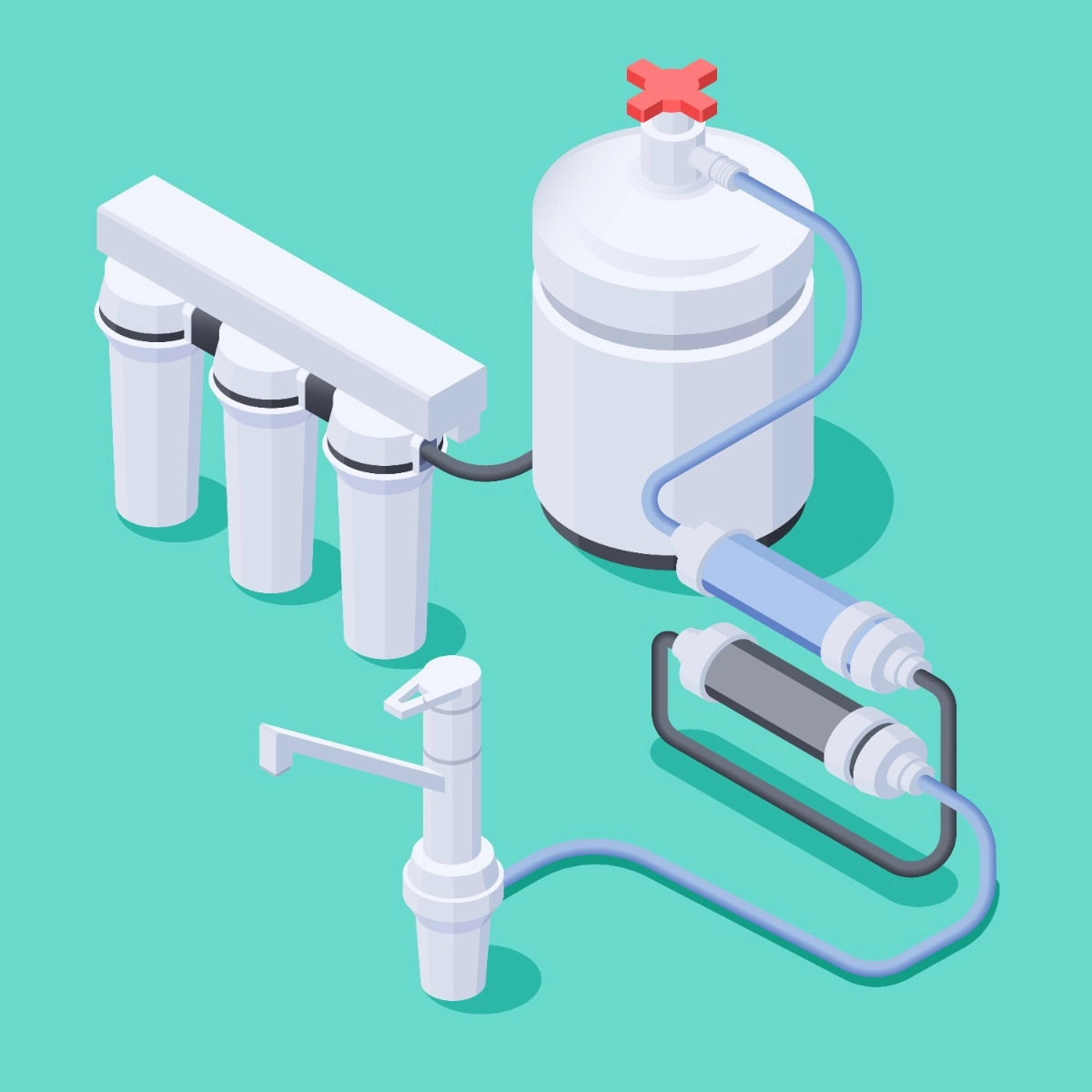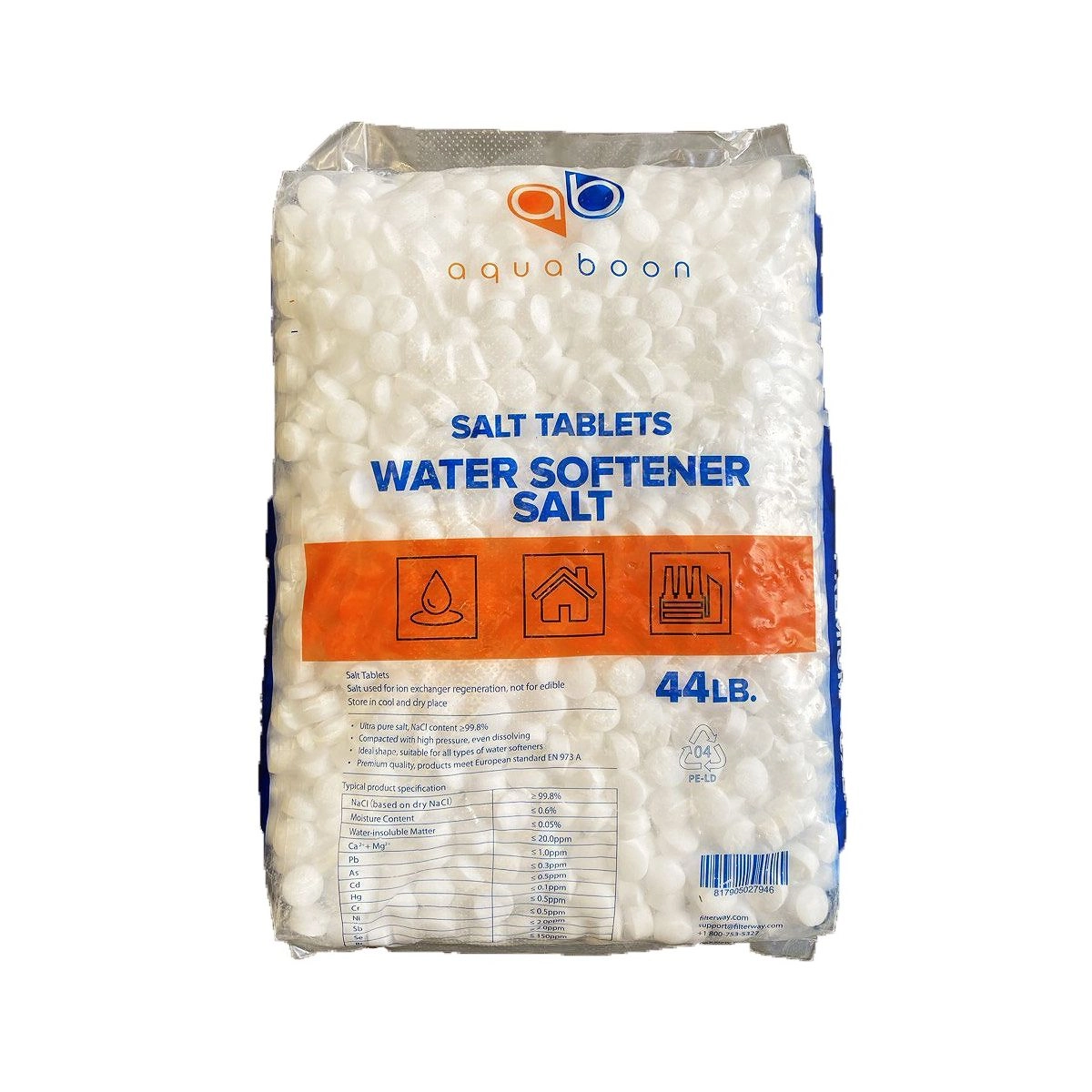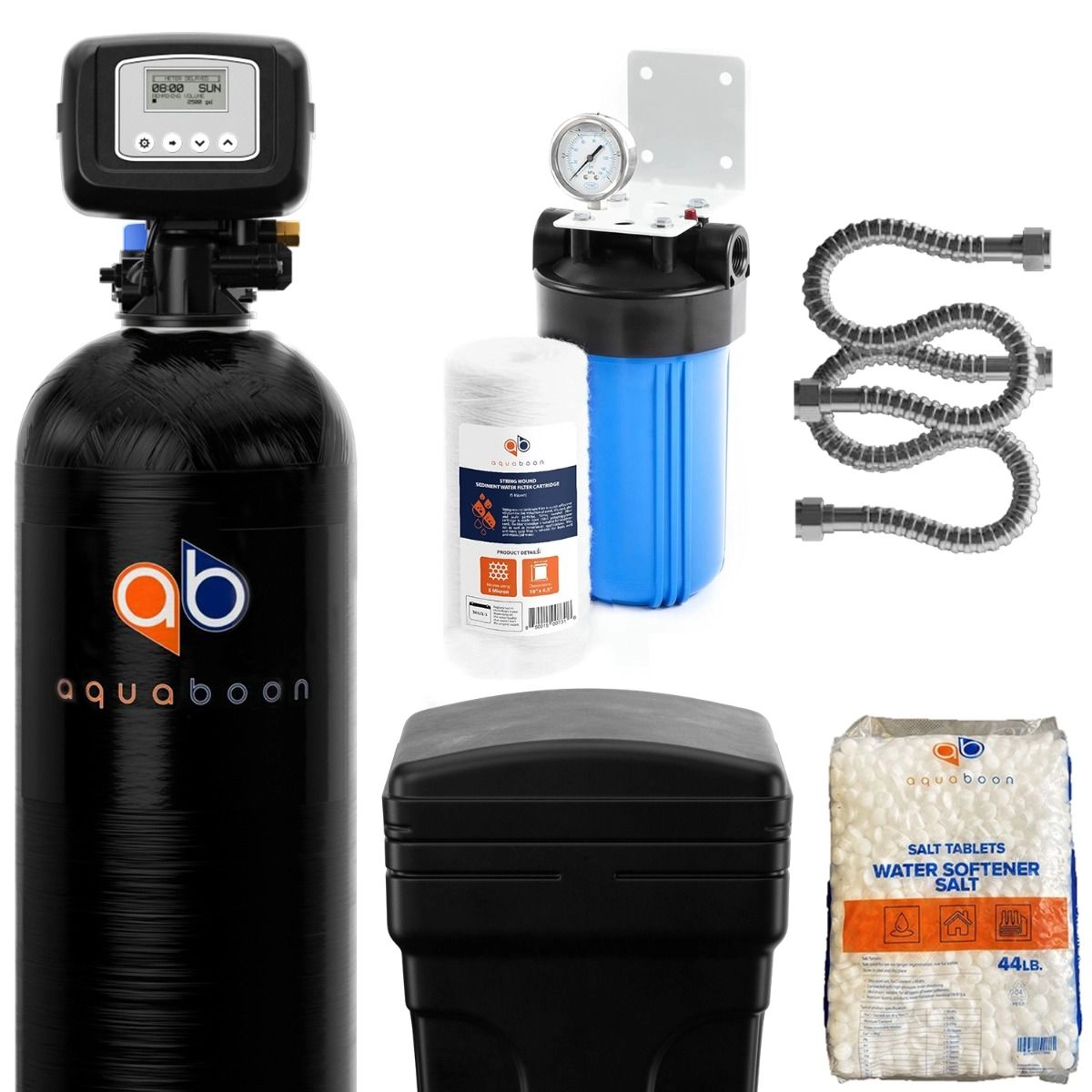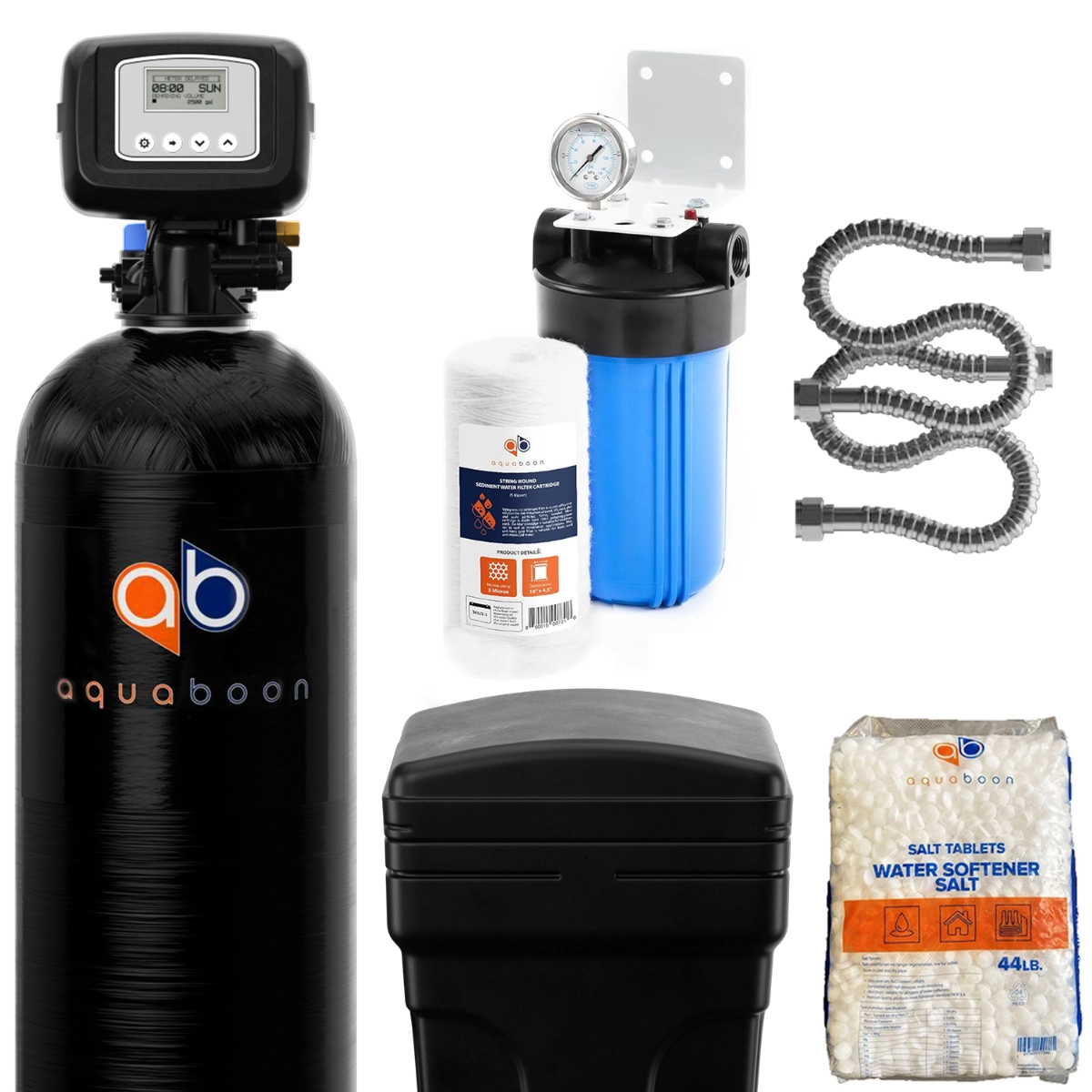Water Softeners: What They Are and Why to Consider Using One
If you live in an area with hard water—which happens to be 85% of the United States, you know the struggle. The buildup of minerals like calcium and magnesium can wreak havoc on your plumbing, appliances, and personal hygiene routines.
Fortunately, water softeners can fix these problems. They reduce or remove minerals from your drinking source. As a side benefit, these amazing devices can also save you money in the long run since they reduce the need for constantly changing water filters.
Keep reading to learn more about softeners and why you may need one.
Understanding Hard Water and Water Softeners
Hard water contains high levels of dissolved minerals. These minerals can cause a variety of problems, from leaving unsightly white residue on your faucets and shortening the lifespan of equipment like water filters. But wait, how long does water filter last? 6 to 12 months. However, with mineral buildup, you may need to replace it earlier.
Enter the softener systems. This handy device works by removing the troublesome minerals from your drinking supply, leaving you with softer, more manageable H2O. Water softening systems use a process called ion exchange to accomplish this. The softener tank contains resin beads that are positively charged with sodium ions. The resin beads attract the minerals and exchange them for sodium ions, effectively removing the hardness.
Once the resin beads become saturated with minerals, a salt solution is used to recharge the resin and flush out the unwanted minerals.
Benefits of Using Water Softeners
Softener systems offer several advantages, including:
- Scale Prevention: Softeners prevent the buildup of scale caused by minerals. This helps to keep your plumbing system, fixtures, and appliances free from mineral deposits, extending their lifespan.
- Extended Lifespan of Appliances: If you're a proud owner of a refrigerator with a dispenser, you may be asking, 'How long does a water filter last?'. If you buy from a reliable store like Filterway, they last at least 12 months, but mineral buildup can shorten this. However, softener devices can prolong the lifespan of appliances like these, including coffee makers, humidifiers, and ice machines by minimizing mineral buildup.
- Cleaner Surfaces: It reduces soap scum and mineral stains, making it easy to keep surfaces cleaner and easier to maintain.
- Softened Hair and Skin: You may already know the role of water in human body. It also helps to maintain the natural moisture balance of your skin and hair.
- Improved Soap and Detergent Performance: These systems allow soaps and detergents to lather more easily and effectively. This means you can achieve better cleaning results with less, leading to potential cost savings.
- Cost Savings: Softeners lower maintenance costs. For example, the frequency of filter servicing will reduce once all the mineral buildup has been addressed. It will also decrease soap and detergent usage.

















